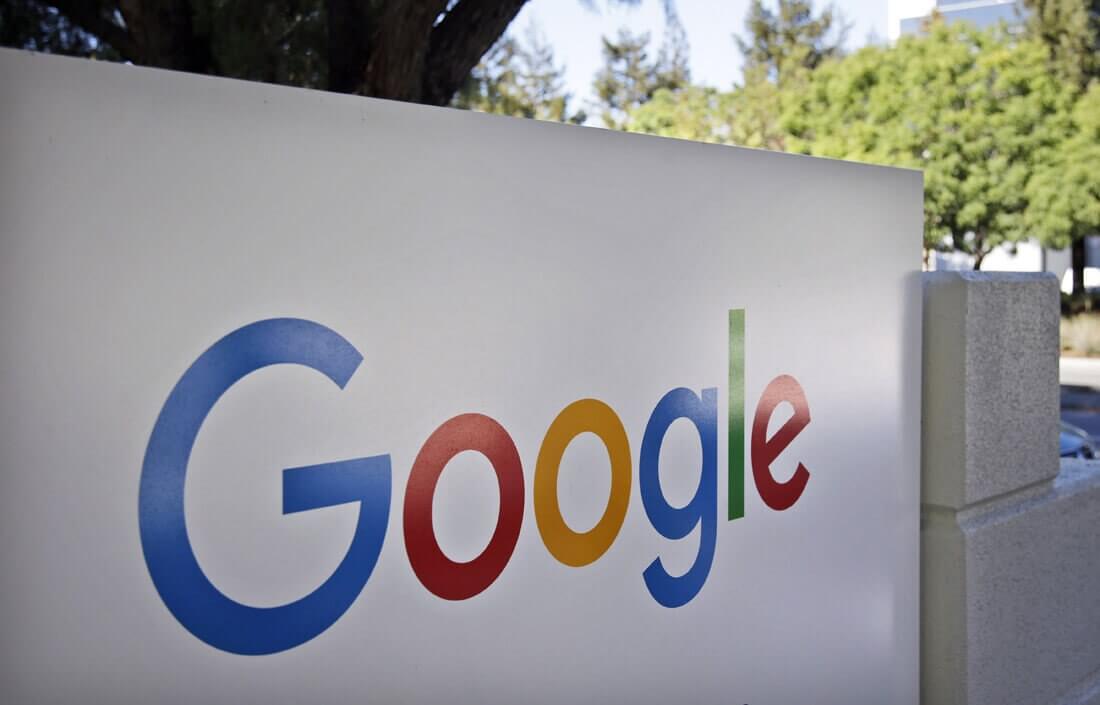If you browse YouTube on a regular basis, you've likely become very familiar with the many issues some creators face regarding copyright law.
Their videos frequently get slapped with copyright strikes by large corporations, smaller companies and individuals alike on a daily basis, and Google tends to take these matters quite seriously.
It's an interesting bit of irony, then, to see Google turn around and seemingly break copyright law themselves.
According to a report from the BBC, Google didn't pay for a license to use the stock footage in their recently-leaked "The Selfish Ledger" video, which discusses the possibility of the company using "total data collection" and social engineering to manipulate the behaviors of "entire populations."
If you want to learn more about the video, you can read our full write-up here.
At any rate, the film-maker who initially recorded the stock footage in question, Philip Bloom, was understandably shocked to see his content appear in the now-infamous video without being credited or compensated for its use.
"A fair amount of my footage has been licensed for internal use only, so to hear Google not state that they will compensate me for its use is very surprising..."
"A fair amount of my footage has been licensed for internal use only, so to hear Google not state that they will compensate me for its use is very surprising," Bloom said in a statement. "Google via their YouTube platform are pretty strict when it comes to copyright breaches, so this is rather hypocritical of them and most certainly does not set a good example."
So far, Google's public defense seems to be that the video was only intended to be a "thought experiment," and it wasn't meant to be shown to more than a handful of people.
The BBC claims Bloom will follow up on the matter, though, so it's possible Google will be forced to come up with a more appropriate legal argument if the film-maker pursues a case against them.
That said, if a legal case does arise from the situation, it might not be as clear-cut as it appears.
As strange as it might sound, Google could theoretically take advantage of the "fair use" defense under US copyright law to claim the footage was only used for educational or non-profit purposes.
